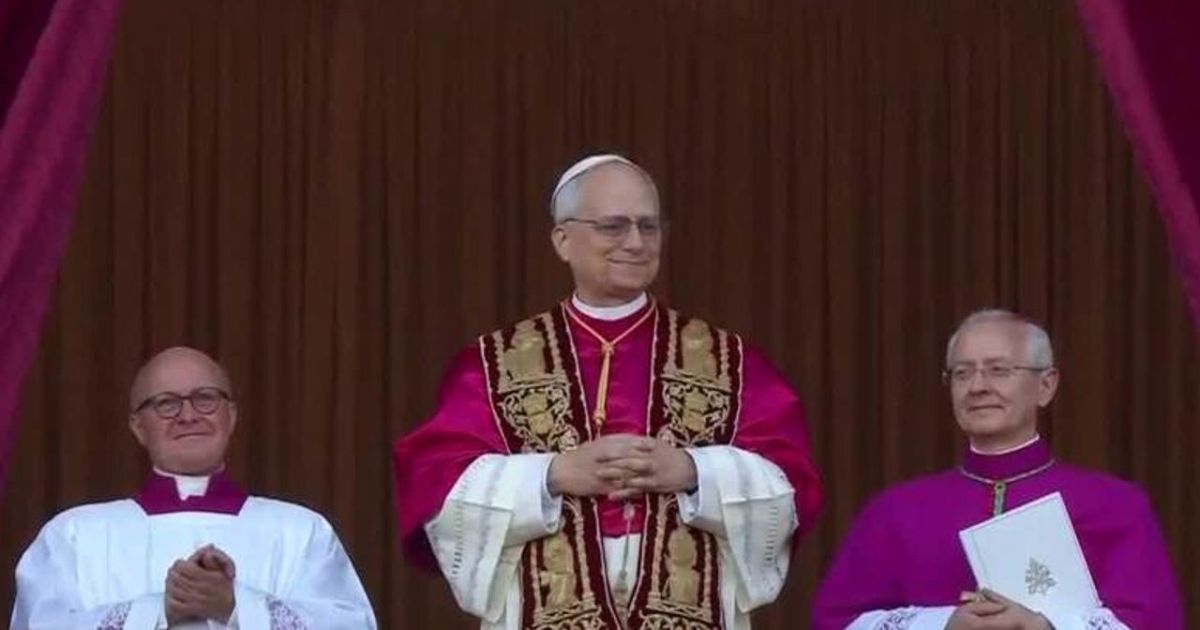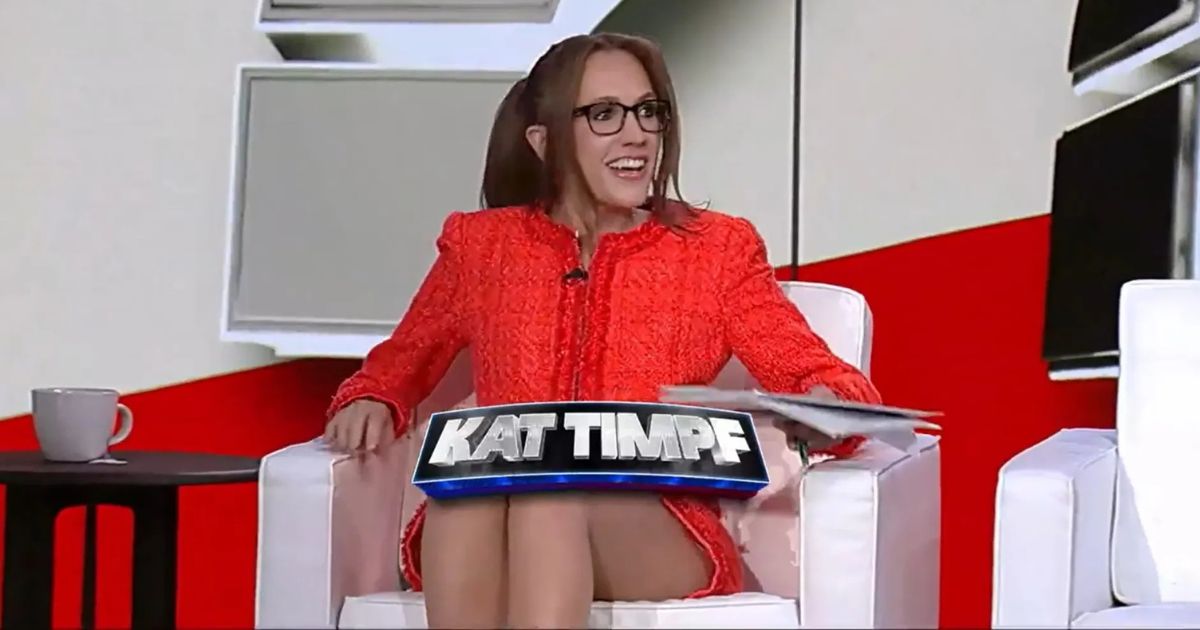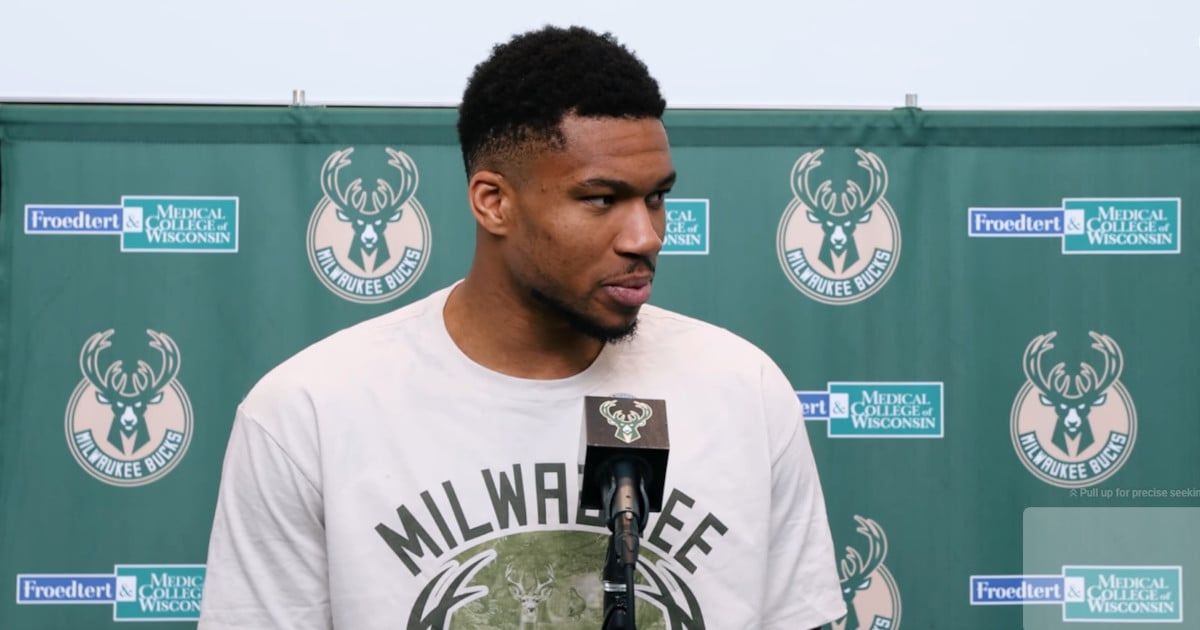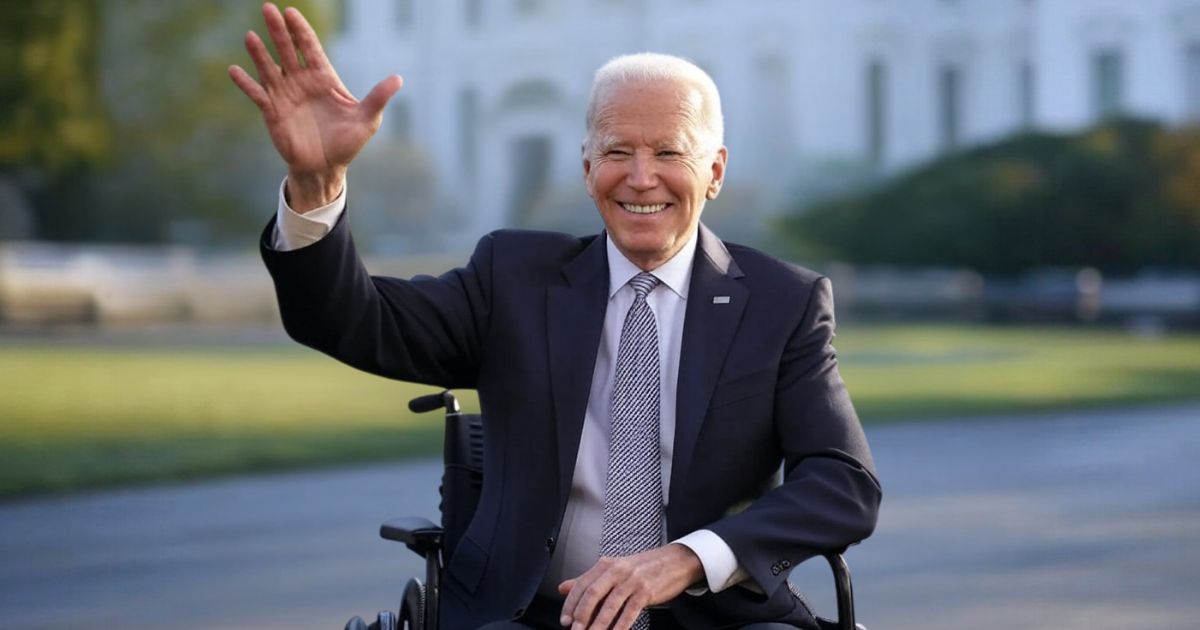With the election of Pope Leo XIV — the first American ever to lead the Catholic Church — a surprising new conversation has taken hold online:
How much does the Pope actually get paid?
On May 8, 2025, Cardinal Robert Francis Prevost of Chicago officially became the 267th Bishop of Rome, taking the name Pope Leo XIV. His election was announced to cheering crowds with the traditional call of “Habemus Papam!” by Cardinal Dominique Mamberti.
But not long after the celebrations, attention turned to a far more worldly topic: money.
Spiritual Role or Paid Position?
Many were shocked to learn that while popes technically can receive a salary, the reality is more complicated.
The Pope does not earn a salary in the traditional sense. Instead, the Vatican provides for all his needs — lodging, meals, transportation, healthcare, and more — making personal income almost irrelevant.
Still, curiosity about the Pope’s “paycheck” exploded online. Some assumed the papacy was purely a spiritual calling. One commenter wrote:
“Surely they do it for love, not for financial gain.”
Others pointed out that when every living expense is covered, there’s little need for extra money:
“€2,500 when everything else is paid for? That’s a pretty good deal.”
Before becoming pope, Leo XIV — then Cardinal Prevost — reportedly earned between $4,000 and $5,000 per month, a standard range for high-ranking clergy at the Vatican. While modest by global leadership standards, it reflects the Church’s principle that spiritual service, not wealth, should define a clerical life.
How Past Popes Handled Pay
The debate gained even more steam when comparisons were made to Pope Leo’s predecessor, Pope Francis.
When Francis took office in 2013, he refused to accept a salary, even though popes are traditionally entitled to one — estimated at around $32,000 per month.
Instead, Francis lived modestly, echoing his Jesuit values, although he still had access to papal assets like vehicles and housing.
At the time of his death in April 2025, Francis’s net worth was reportedly around $16 million — a figure tied more to official privileges than personal accumulation.
Simply put: while Francis declined a salary, he still benefitted from the immense resources of the Vatican.
Vatican Wealth and Worker Tensions
Behind the grandeur of the Vatican lies a complex financial machine.
The smallest country in the world funds its operations through a mix of donations, museum ticket sales, investments, and even the sale of coins and stamps.
Its financial independence also comes from a special tax-exempt status, which protects many of its earnings both inside Vatican City and in some foreign jurisdictions. However, managing these privileges has often been a delicate task.
Yet financial strain has fueled internal tensions.
Around 4,500 workers — including 3,100 employed directly by the Holy See — depend on Vatican wages.
Many, especially lay workers, have grown frustrated over low pay, budget cuts, and concerns about pension security.
During his final years, Pope Francis initiated cost-cutting reforms to stabilize finances, including urgent reviews of the Vatican’s pension system, which experts warned was severely imbalanced.
Lay workers’ unions have pushed back, asking for transparency and better protection amid fears of losing benefits.
What This Means for Pope Leo XIV
Pope Leo XIV steps into the papacy with Vatican finances under scrutiny and internal worker dissatisfaction brewing.
Though he inherits vast Church assets, he may face pressure to continue or expand financial reforms started under Pope Francis.
Unlike most political leaders, Leo won’t need a salary to live comfortably — the papal office ensures everything is provided.
However, public interest in how Vatican money is managed, and whether the Church can live up to ideals of fairness and humility, will only grow.
As Leo XIV begins his spiritual leadership, the world will also be watching how he handles the earthly challenges of money, management, and moral responsibility.





